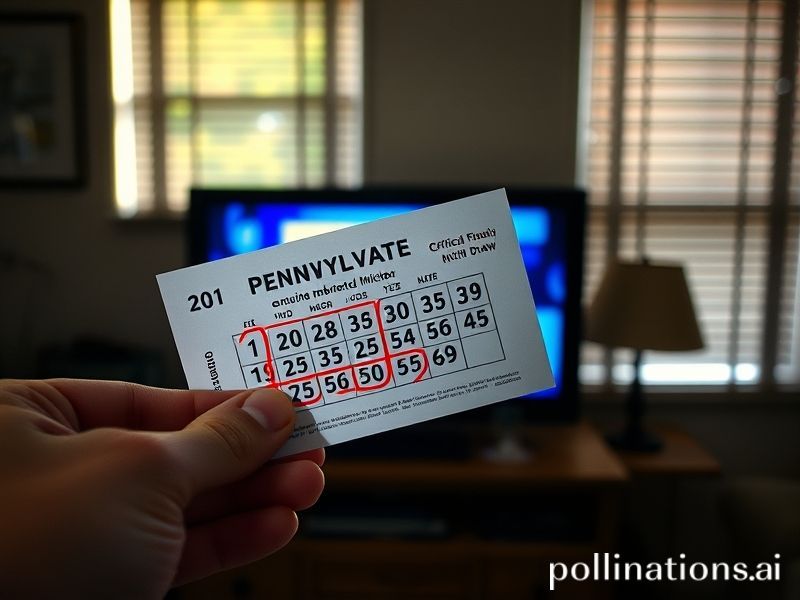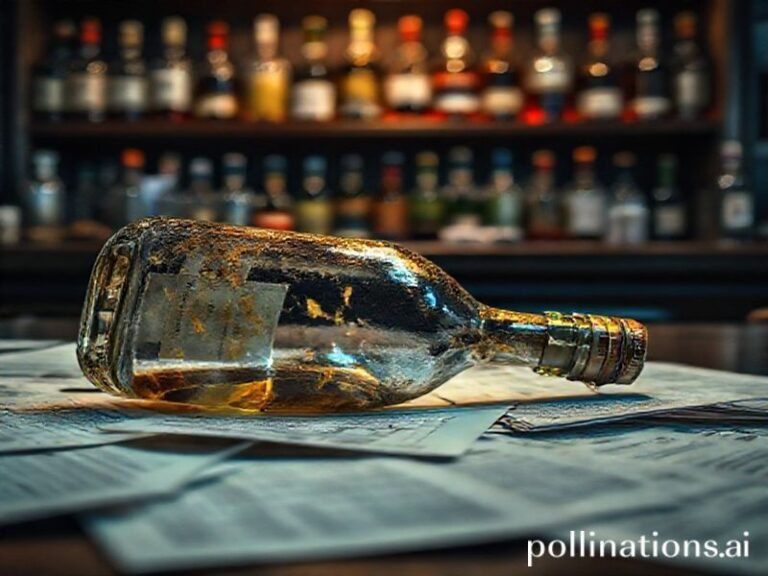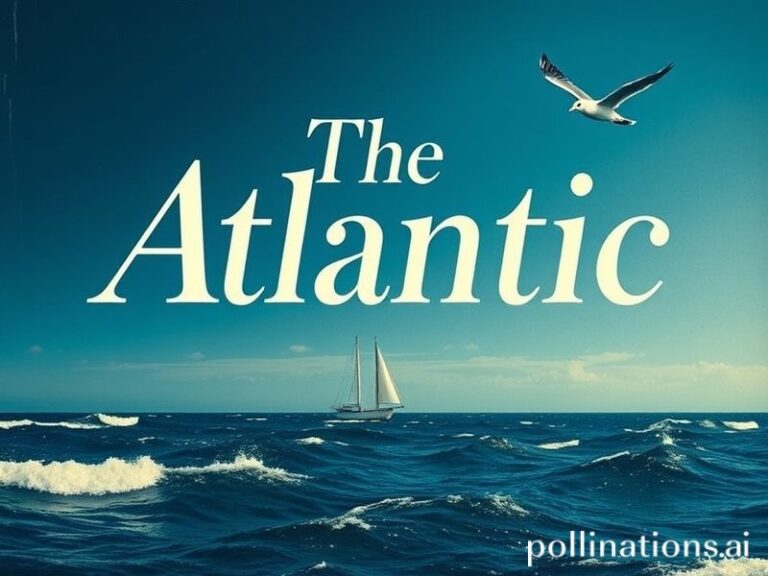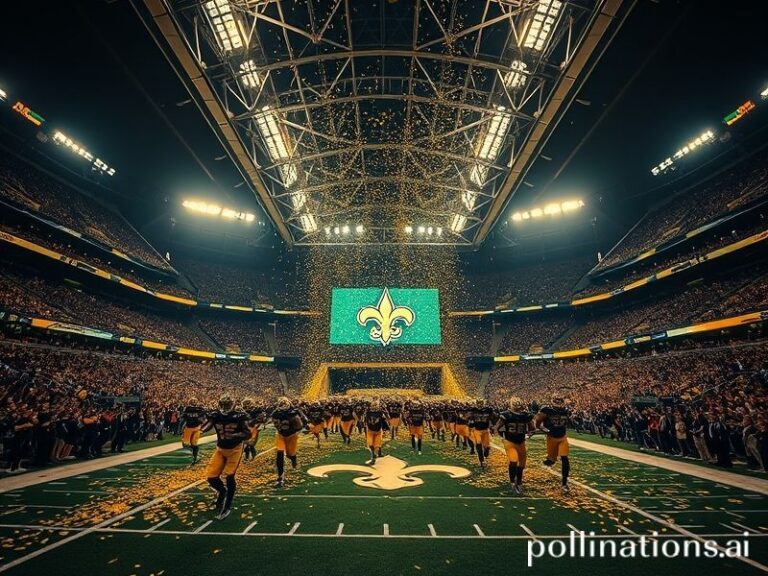From Pittsburgh to Port-au-Prince: How Pennsylvania’s Lottery Numbers Became the World’s Shared Daydream
In a windowless studio somewhere between Harrisburg and the existential void, the Pennsylvania Lottery’s numbered balls pirouette nightly to the delight of 12.9 million Pennsylvanians—and, increasingly, to a silent, VPN-enabled audience that stretches from Lagos to Lahore. The PA Lottery “winning numbers,” once the quaint obsession of rust-belt grandmothers clutching crumpled slips at Sheetz counters, have become a minor global data point. Why? Because in 2024 even the most parochial ritual is just another tab on the universal dashboard of human desperation.
Consider last Wednesday’s draw: 03, 18, 22, 27, 31, and a Powerball that refused to cooperate. In Philadelphia, a SEPTA operator pocketed $50,000 and immediately posted a celebratory TikTok captioned “cya conductors.” Meanwhile, in Manila, a call-center agent who’d never set foot outside the archipelago refreshed the same numbers on a bootleg lottery aggregator, sighed, and returned to upselling American cable packages. The jackpot—$131 million—wasn’t even life-changing for a single resident of Monaco, but it could purchase roughly 4,000 Philippine dialysis machines. Perspective is a cruel currency.
The international fascination isn’t about Pennsylvania per se; it’s about the metastasizing idea that somewhere, anywhere, a bounce of polyurethane spheres might still deliver the absolution capitalism promised but never quite delivered. The UK’s National Lottery sees record ticket sales whenever the PA rollover creeps above the GDP of Tonga. French boulangers stream the livestream while kneading dough, muttering “incroyable” at the arithmetic of American optimism. Even in Beijing, where gambling is officially frowned upon, blockchain-powered “mirror pools” let citizens bet on foreign draws using Tether, because nothing says cultural revolution like wagering on a Commonwealth commoner’s lucky scratch-off.
Of course, the Pennsylvania Lottery itself remains cheerfully oblivious to its diaspora fan base. Spokespeople still speak in the language of “senior programs” and “property-tax relief,” which is code for “we’re funding your grandmother’s dialysis so she can keep voting.” The agency’s website blocks EU visitors on GDPR grounds, apparently unaware that half of Moldova has already cached the results via Telegram bot. Bureaucracy moves at the speed of a Ford Pinto; globalized hope travels at fiber-optic velocity.
Economists love to trot out the “tax on stupidity” cliché, but that misses the transnational poetry of the thing. In Accra, a ride-share driver spends the equivalent of two days’ wages on an online syndicate that promises a slice of any PA win. “It’s diversified misery,” he explains without irony. His grandmother, listening on the cracked screen of a second-hand Samsung, nods approvingly; she once walked ten miles for water, but at least the water was guaranteed. Here, the odds are 1 in 292 million, which statisticians note is roughly the same as being reincarnated as Beyoncé—slightly worse if you’re already Ghanaian.
Then there’s the geopolitical subplot. With Washington’s debt ceiling perpetually auditioning for a Greek tragedy, some hedge funds are quietly modeling state lottery liabilities as sovereign risk. A default on Powerball annuities would be Lehman Brothers for the proletariat: imagine Fox News explaining to retirees that their “guaranteed” millions are now denominated in Venezuelan bolívars. In Davos, one hears murmurs of “lottery futures” and “jackpot swaps.” Nothing says late-stage capitalism quite like derivatives on other people’s pipe dreams.
Yet every night, the balls drop, the numbers ascend, and someone, somewhere, experiences the brief, radiant illusion that the universe has finally noticed them. Whether that someone is in Pittsburgh or Port-au-Prince is increasingly beside the point. In a world where passports dictate destiny, the PA lottery numbers are the closest thing we have to a universal tongue—spoken in the dialect of irrational hope, translated instantly into whatever currency buys tomorrow’s bread.
So as the next drawing looms, remember: the jackpot isn’t just $150 million. It’s a planetary placebo, a transcontinental prayer whispered into a pneumatic tube of rubber and regret. And if you don’t win, console yourself with the knowledge that somewhere a Moldovan teenager already screenshotted your disappointment for meme fodder. In the global village, Schadenfreude is the only sure payout.







